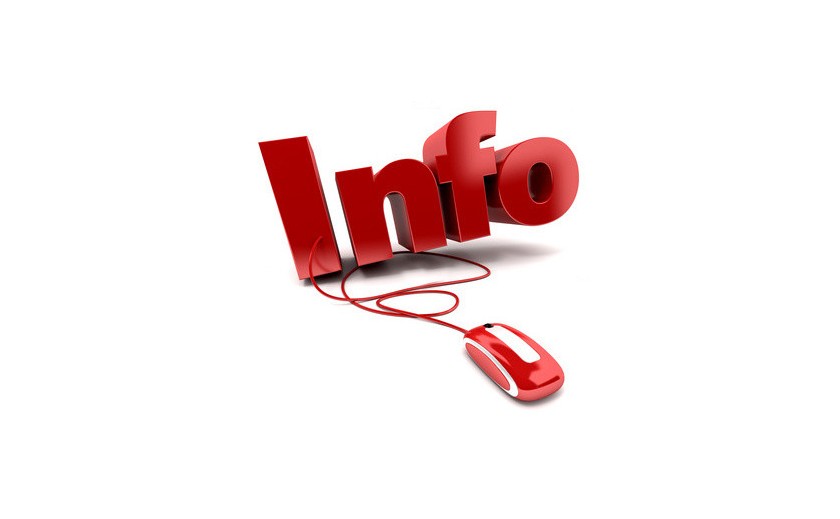In addition to some hotels, bars, restaurants that offer their customers wifi access, more and more cities and tourist sites offer access to the public free wifi by hot spot wifi, which allows you to connect wirelessly and Broadband, to the Internet.
This is very convenient especially for tourists in France, for surfing and sending emails. In Paris, for example, there are 260 municipalities that have a WiFi connection point that can be identified by a signpost, libraries, museums, parks and gardens.
Some reservations
- It is not available 7 days a week or 24 hours a day; Accessible only during the opening hours of the public place.
- The duration of the session is limited, eg 2 hours for Paris, some renewals may generate a cost.
- If there are too many connections simultaneously, the network refuses a new connection, it must wait its turn.
All personal data is kept as with a traditional paying operator. Decree No. 2006-358 of 24 March 2006 on the retention of electronic communications data implies that data must be kept for one year.
- Prohibition of communication between users (AdHOC mode) are precisely communications supported by services like Skype or WhatsApp in voice over IP, ie in Internet telephony. The "Paris Wi-Fi" service does not allow such types of use.
- For people sensitive to electromagnetic waves be careful not to stay too exposed to wifi waves.
Free wifi and security
The real problem with free wifi is security. It is first easy for an attacker on the same wifi network as the victim to listen to the flows exchanged between the victim and the web servers.
Thus, if the stream is not encrypted, it will be able to recover all the data in transit. The hacker can also create "hotspots" that have the same characteristics as the original network and on which the victim will connect without realizing it. Since it controls this access point, the attacker can not only obtain all the information in transit between the victim and the server but also create false sites on which the users will be redirected. The installation of these wild access points is simple and can be carried out with a telephone or boxes designed for this purpose and unfortunately very easy to obtain on the internet.
Les données visées en priorité sont les identifiants et mots de passe de connexion sur les sites internet. Une fois ces informations récupérées, le hacker pourra récupérer les données qui l’intéressent sans avoir besoin que la victime ne soit sur le réseau wifi sauvage.
The priority data are login and login passwords on websites. Once this information is retrieved, the hacker can retrieve the data that interests him without needing the victim to be on the Wi-Fi network. How to ensure that its connection to a public Wifi is secure? How to protect your data?
Unfortunately, there is no simple way for a user to ensure that the public WLAN on which he is connected is legitimate. The drastic solution is therefore not to access confidential information on this type of network. Without going so far and without acquiring a specialized terminal, there are software solutions that secure these communications, in particular by using VPN, which encrypt all the data in transit. Unfortunately, not all public Wi-Fi networks allow the use of VPN. To minimize the risk, it is imperative to verify before logging on to a site that the connection is encrypted (https, the famous lock of the address bar) and that the site to which one connects is legitimate ( If your web browser suggests you add a security exception, you must decline). How to react when your data is stolen? What remedies are possible?
In case of compromise of its login and password of connection to a site, it is imperative to change its password, on the site in question of course but also on all the sites on which you use the same word Password or a similar password. It is also necessary to ask the question of the impact of the compromise of access (what could they do with: in the case of a messaging, are other passwords accessible In e-mails, are there sensitive documents accessible ?
The year 2014 saw itself as a record year for computer offenses. More than one billion (1,023 precisely) of data have been lost or stolen over the past year. Personal data such as personal or banking identity and access identifiers are considered as data. This is what emerges from the 2015 "Level index" report which, under the aegis of Gemalto and with the support of SafeNet, compiles in an eponymous database all the information communicated from the public safety reports. Reported to a more palpable time scale, more than 2.8 million data are affected daily or 32 times per second.
The number of affected data has literally exploded by 78% last year against the 575 million information losses recorded in 2013.
In conclusion, using free wifi presents a lot of risks, there are however some simple alternatives to keep the link and especially for tourists in France who want to communicate with their relatives left in the country. It is the service of the telephone line Yogiphone which allows to call from 0.83 € per day. Available in express purchases on the website:





